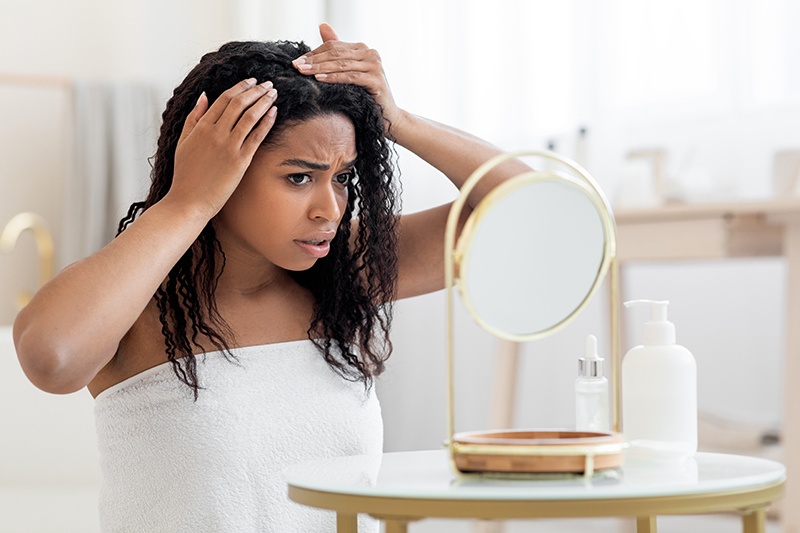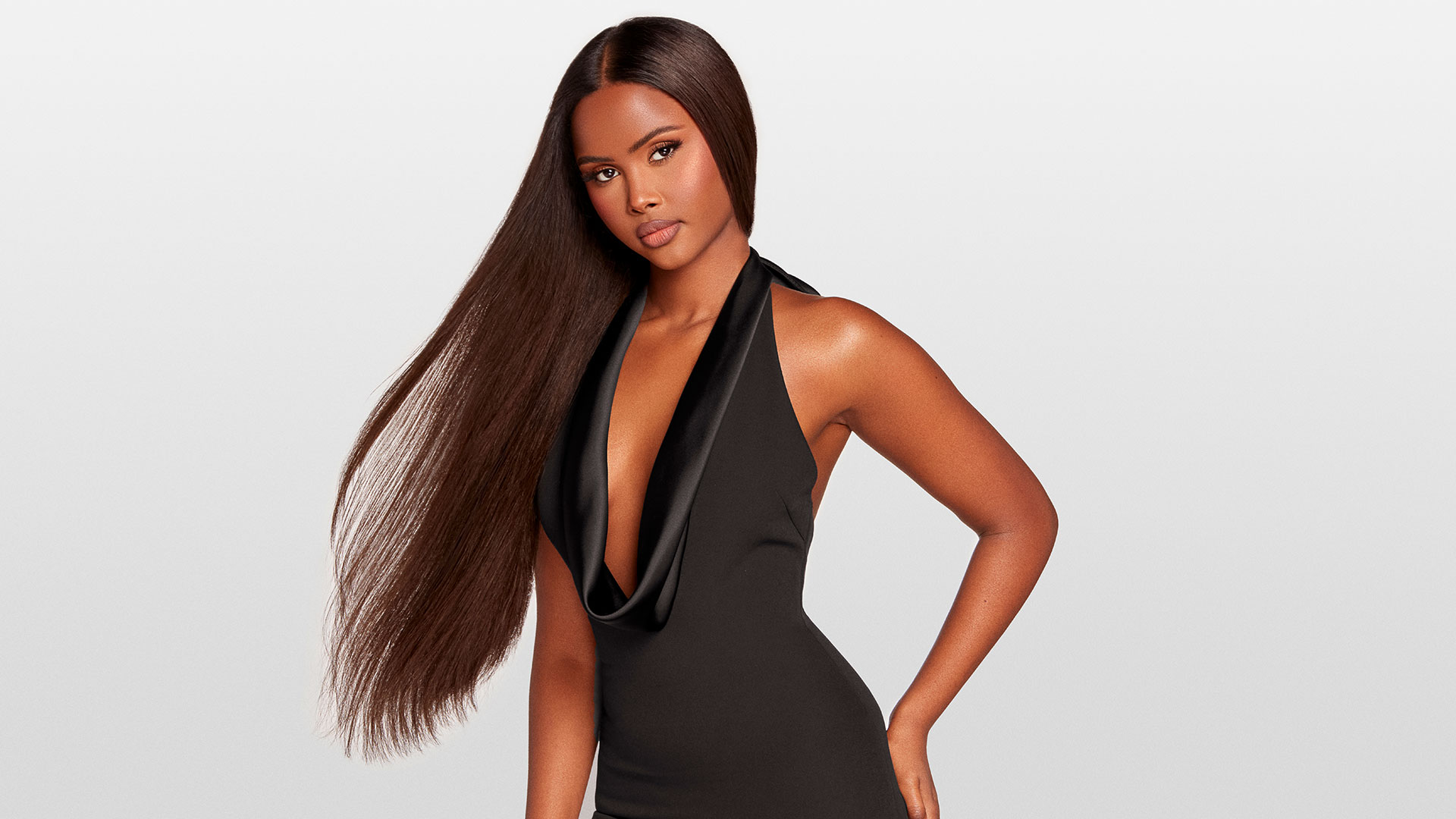In light of Hair Loss Awareness Month, we uncovered our feature with leading experts... They share how hair professionals can engage effectively and sensitively with clients who are dealing with hair loss. It’s estimated that at least 8 million people suffer from hair loss in the UK, according to a survey conducted by hair loss experts Philip Kingsley.
As hair professionals, we know that hair loss is often a temporary problem that can fix itself. However, it can also be an indicator of an underlying health issue and be triggered by numerous complex reasons. Whatever the cause, episodes of hair loss can be distressing. It’s therefore crucial for hair professionals to have a clear understanding of the different types of hair loss so they can empower clients on how to manage it. We’ve spoken to a group of hair loss experts to get their sage advice on what causes hair loss and how best to talk about the issue with your client.
Pre-natal/post-natal issues
While some women experience exponential hair growth before and after giving birth, a significant amount actually experience hair loss. Consultant dermatologist and hair expert, Dr Sharon Wong, explains, “Women with pregnancy-related hair loss experience generalised shedding (telogen effluvium) from all over the scalp. They will often notice an increased amount of hair coming out in the shower or when combing their hair.”
- Advice to offer your client:
Reassure your client that this type of hair loss is extremely typical, and hormones are likely to return to pre-pregnancy levels 3-6 months after giving birth (maybe longer for breastfeeding mothers). Dr Sharon Wong adds, “Reassure them that post-pregnancy hair shedding does not cause baldness and that it will stop, but that it can take up to 6 -12 months. Consider alternative hairstyles such as adding in layers or taking the length shorter to give the illusion of thicker, more voluminous hair.”
Menopause
Physiologically, menopause is characterised by a woman’s oestrogen levels declining rapidly and symptoms can include fatigue, hot flushes, and for some, hair loss. “For many women menopause has no effect on their hair, but in those with a genetic predisposition there can be a significant loss,” explains Tony Maleedy, trichologist and cosmetic scientist. “This is caused by the effects of androgens which are male hormones that women have at very low levels. As the level of oestrogen falls after menopause, the male hormones can restrict the growth of the hair which results in thinning on the front and top of the scalp.”
- Advice to offer client:
“Recommend that they consult a qualified trichologist or a dermatologist”, says Tony. “They will be able to diagnose the condition and differentiate it from other possible causes such as those which are stress or diet related.”
Cancer and serious illnesses
Not only do those diagnosed with cancer have to deal with a potentially life-threatening condition and gruelling treatment, but the physical changes that occur are emotionally challenging too. “Chemotherapy drugs target all cells in the body universally by slowing down or stopping cells dividing, whether the cells are cancerous or not,” explains trichologist Shirley MacDonald. “The hair follicles are also affected causing some hairs to be abruptly shed. The severity of hair loss can depend on the type of chemotherapy drug. About 65% of women experience hair loss within a few days of receiving treatment but for some hair shedding can begin from 2-8 weeks and continue until the end of the treatment.”
- Advice to offer your client:
“Advise clients on the most suitable styles and care during and after the treatment,” Shirley explains. “Because the scalp may be sensitive and the hair fibre weak, avoiding styling products and chemical processes like colouring.”
Afro hair and hair loss
Afro hair is fragile and delicate in structure, so it can be extremely susceptible to hair loss, particularly when exposed to hair styling practices which place strain on the hairline like braiding, extensions, blow-drying and thermal styling.
- Advice to offer clients:
Master chemist and hair product manufacturer Dr Ali N Syed has extensive knowledge of Afro hair, and suggests that a pre-emptive approach to haircare would be the best way to tackle potential problems like traction alopecia and similar conditions which affect those with Afro hair. He says, “Prevention is better than cure, but there are number of solutions that hairstylists can offer their clients, such as using sulphate-free shampoos that don’t irritate the scalp.”
Poor diet and nutrition
‘You are what you eat’ is more than an often-repeated maxim. Diet plays a fundamental role in how effectively our bodies function, and greatly contributes to the health of our hair. If you aren’t getting essential nutrients and vitamins, your hair will suffer. “Since hair is non-essential to life, if our diet is poor, essential nutrients will be used to maintain vital bodily functions, rather than the hair,” states Zoe Passam, trichologist at Philip Kinglsey.
- Advice to offer clients:
“It’s worth highlighting the importance of good nutrition for healthy hair growth if you notice a change in client’s hair,” advises Zoe. “The most common cause of increased hair fall in women is low levels of stored iron (ferritin), which can be caused by heavy menstruation, but is also common in vegetarian and vegan diets, or non-red meat eaters.
Hair Loss SOS
We’ve compiled a range of products to help your clients with hair loss  Angel En Provence Rosemary range is formulated to prevent hair loss and stimulate hair regeneration thanks to the rosemary oil’s ability to promote blood circulation to the scalp and reconstruct hair cells by regulating the function of the cortex.
Angel En Provence Rosemary range is formulated to prevent hair loss and stimulate hair regeneration thanks to the rosemary oil’s ability to promote blood circulation to the scalp and reconstruct hair cells by regulating the function of the cortex. 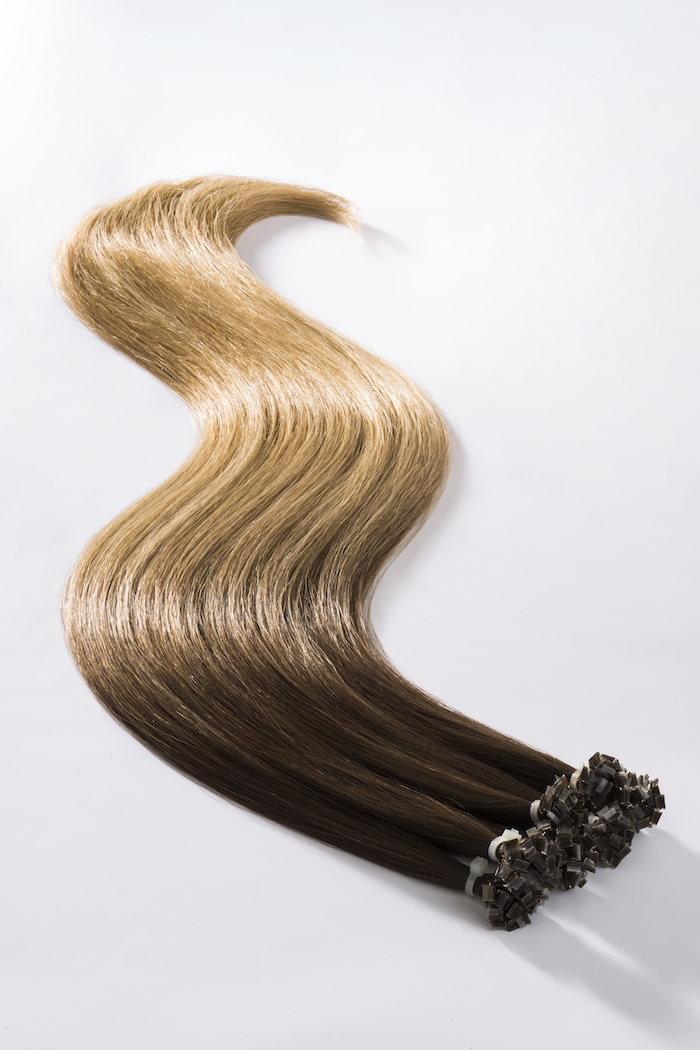 Offering a wide range of hair solutions, Hairdreams use 100% real human hair to give natural volume to fine and thinning hair. All this is made possible with a unique range of systems including hair thickening, hair supplementation and hair replacement.
Offering a wide range of hair solutions, Hairdreams use 100% real human hair to give natural volume to fine and thinning hair. All this is made possible with a unique range of systems including hair thickening, hair supplementation and hair replacement. 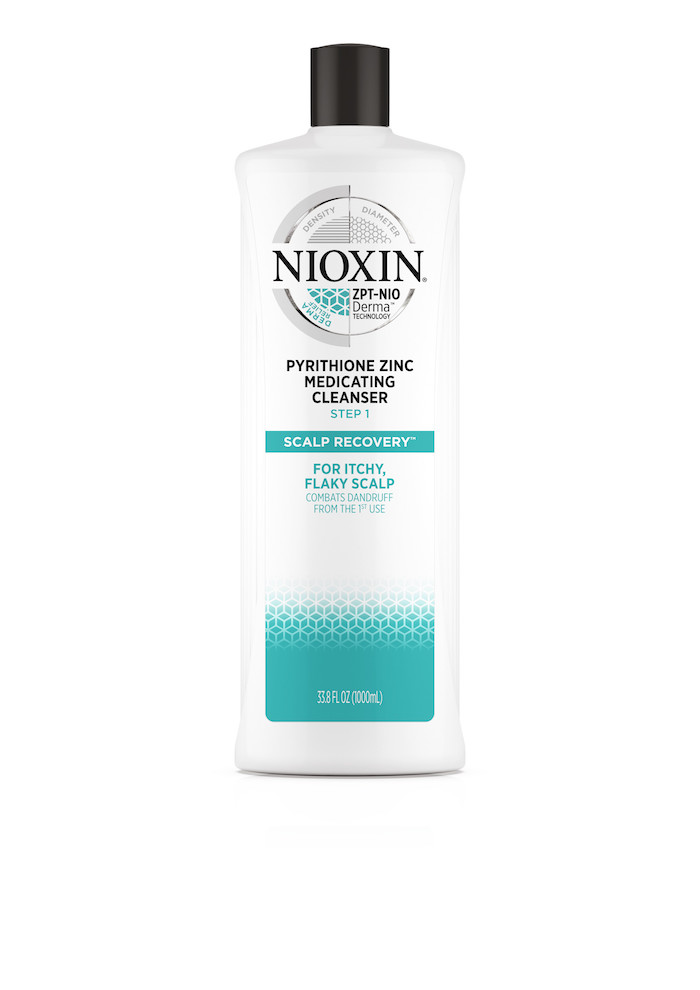 Nioxin Scalp Recovery is a three step anti-dandruff recovery system for itchy, flaky scalps. The cleanser, conditioner and serum removes scalp flakes, debris and build-up to help clear and soothe scalps. This article was written by Keysha Davis To find out more about hair loss from experts and thought leaders in the field, head down to the Get Ahead of Hair Loss event in London on Sunday 22 September. More details can be found here .
Nioxin Scalp Recovery is a three step anti-dandruff recovery system for itchy, flaky scalps. The cleanser, conditioner and serum removes scalp flakes, debris and build-up to help clear and soothe scalps. This article was written by Keysha Davis To find out more about hair loss from experts and thought leaders in the field, head down to the Get Ahead of Hair Loss event in London on Sunday 22 September. More details can be found here .
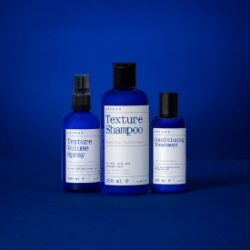
Anforh was created specifically for those with fine and thinning hair who want to make the most of what they have. The three-product system - including a texture volume spray, clay-based shampoo and lightweight conditioning treatment - delivers natural-looking volume and texture without weighing hair down.” Robin James, founder of leading male grooming platform Man for Himself explains how he created Anforth because “Using these types of targeted products during appointments and stocking them for clients to take home makes sense - people with thinning hair want to feel confident, and when they find products that actually work for them, it makes all the difference to how they feel walking out of your salon.”
